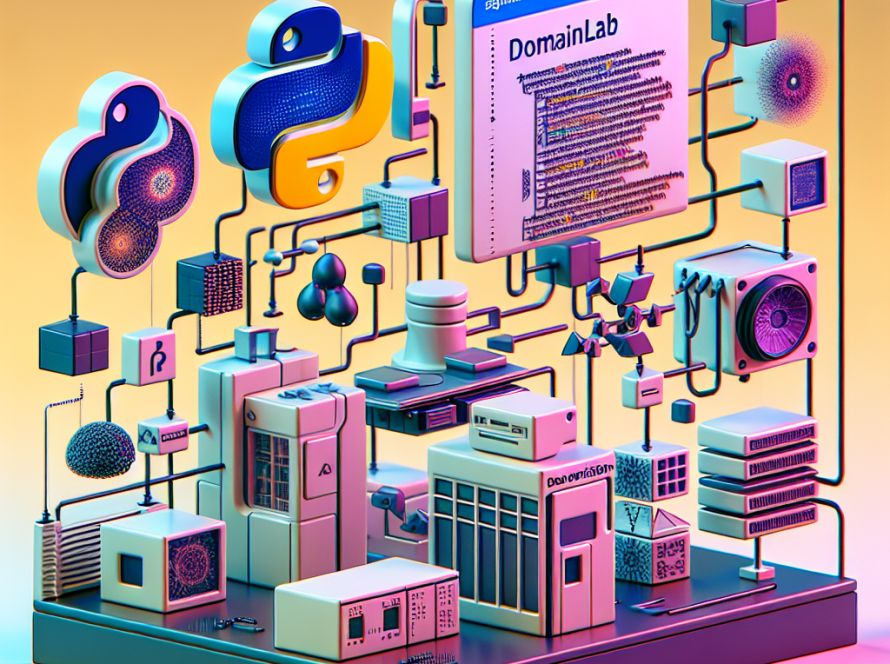The field of large language models (LLMs), such as GPT, Claude, and Gemini, has seen rapid advancement, enabling the creation of autonomous agents capable of natural language interactions and executing diverse tasks. These AI agents are increasingly benefiting from the integration of external tools and knowledge sources, which expand their capacity to access and use information beyond their pre-trained data. Examples of these agents include OS-Copilot for web and code terminal interactions, OpenDevin for software development, and XAgent and Voyager for complex tasks and gameplay.
However, several challenges have emerged with the growth of these multi-agent systems, particularly concerning the integration of third-party agents and the support of distributed systems. To address these issues, researchers from prestigious Chinese institutions and tech giant Tencent have proposed a novel framework: the Internet of Agents (IoA). The IoA offers a flexible, scalable platform for enhanced multi-agent collaboration, effectively tackling issues related to distributed collaboration, dynamic communication and the integration of heterogeneous agents.
Inspired by the power of the Internet to foster human collaboration, as evident in projects like Wikipedia and Linux, the IoA borrows the structure of an instant messaging app, facilitating easy communication and cooperation among autonomous agents. The IoA’s server is responsible for managing agent registration, discovery, and message routing, while the client offers interfaces for agent communication.
Benchmarking experiments carried out by the researchers have demonstrated the effectiveness and efficiency of the IoA in integrating a variety of agents to carry out an array of tasks. In trials, the IoA outperformed the state of the art in a number of general tasks, embodied AI challenges and retrieval-augmented generation benchmarks, proving the system’s prowess in fostering collaboration among diverse agents.
Moreover, the IoA demonstrated superior abilities in team formation and task execution, even when faced with subpar communication patterns. This success points to the IoA’s potential as a robust platform for orchestrating diverse, multi-agent systems in future, especially as the field of LLM-based agents continues to evolve. The implications are immense: the IoA could create an ecosystem where independently developed agents, each with their unique specialized skills, can smoothly integrate for advanced, sophisticated and impactful collaborations. The full details of the IoA framework can be found in the researchers’ published paper and on GitHub.


